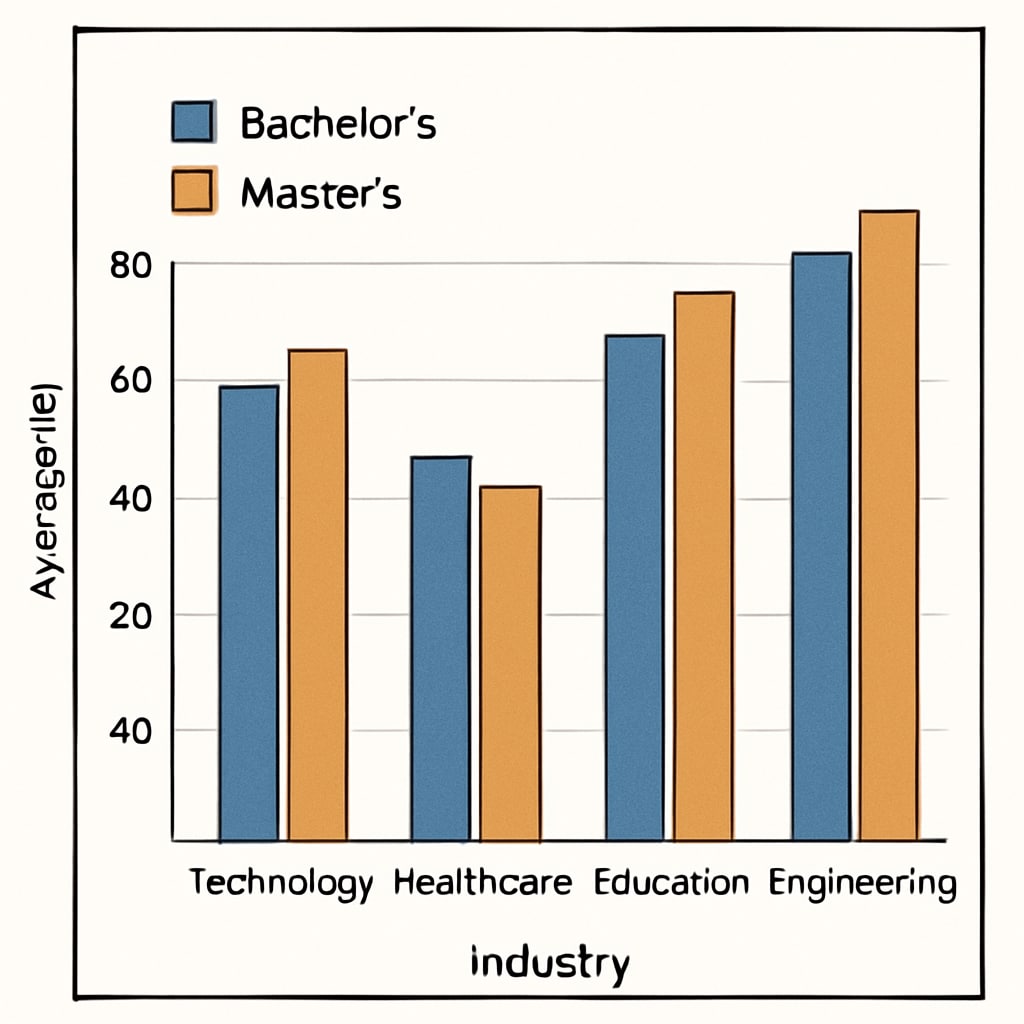For many mid-career professionals, the pursuit of a master’s degree represents an opportunity to enhance their career development and gain a competitive edge. However, balancing this educational aspiration with current professional responsibilities and personal obligations often leads to challenges in time management and value assessment. The question remains: is the investment of time, money, and effort in higher education worth it in the context of career progression?
Challenges of Pursuing a Master’s Degree Mid-Career
Mid-career professionals often face unique hurdles when deciding to pursue a master’s degree. Unlike younger students, their responsibilities extend beyond the classroom, encompassing full-time jobs, family commitments, and financial obligations. These challenges can create significant pressure, making it difficult to allocate sufficient time and energy for academic pursuits.
Moreover, the opportunity cost of returning to school is higher for those already established in their careers. Professionals must weigh the immediate benefits of continued work experience against the potential long-term advantages of acquiring an advanced degree. For some, the decision may hinge on whether the degree will lead to tangible improvements in salary, job opportunities, or industry credibility.

Does Higher Education Truly Impact Career Progression?
One of the most debated aspects of pursuing a master’s degree is its actual impact on career advancement. While certain industries, such as academia, finance, and healthcare, place significant value on advanced degrees, others prioritize skills, experience, and hands-on expertise over formal education. For example, a software engineer may find that certifications and portfolio development offer more immediate rewards than pursuing a traditional master’s program.
According to a report from the U.S. Bureau of Labor Statistics (U.S. Bureau of Labor Statistics), individuals with master’s degrees earn higher median salaries than those with bachelor’s degrees. However, the financial benefits often vary by industry and role. As a result, mid-career professionals must carefully analyze whether their chosen degree aligns with their career goals before committing to the investment.

Strategies for Balancing Work, Study, and Life
Successfully pursuing a master’s degree while maintaining career growth requires strategic planning and a proactive approach. Below are some practical strategies to help mid-career professionals manage their time effectively:
- Create a Detailed Schedule: Break down your weekly commitments into work, study, and personal time. Use tools like digital calendars or time-blocking techniques to stay organized.
- Consider Part-Time or Online Programs: Many universities offer flexible programs tailored for working professionals. These options allow you to study at your own pace without sacrificing your current job.
- Leverage Employer Support: Check if your company provides tuition reimbursement programs or flexible work hours for employees pursuing higher education.
- Set Clear Priorities: Understand which tasks and responsibilities are most critical at any given time, and focus your energy on those areas.
- Build a Support Network: Communicate with family, friends, and colleagues about your goals, and don’t hesitate to seek their support when needed.
Conclusion: Making the Right Choice
The decision to pursue a master’s degree mid-career is deeply personal and varies depending on individual goals, industry demands, and life circumstances. While the potential benefits of higher education are undeniable, it is equally important to ensure that the pursuit aligns with long-term career aspirations and financial considerations. By carefully evaluating the pros and cons and implementing effective time management strategies, mid-career professionals can achieve the delicate balance needed to succeed both academically and professionally.
Ultimately, the question is not whether a master’s degree is worth it, but whether it is the right fit for you at this stage of your career. With thoughtful planning and a clear vision, you can chart a path that leads to both personal fulfillment and professional growth.
Readability guidance: The content uses concise paragraphs, avoids excessive jargon, and maintains an average sentence length for better understanding. Transition words such as “however,” “in addition,” and “therefore” are used to improve the flow of ideas. Lists are included to summarize actionable points effectively.


